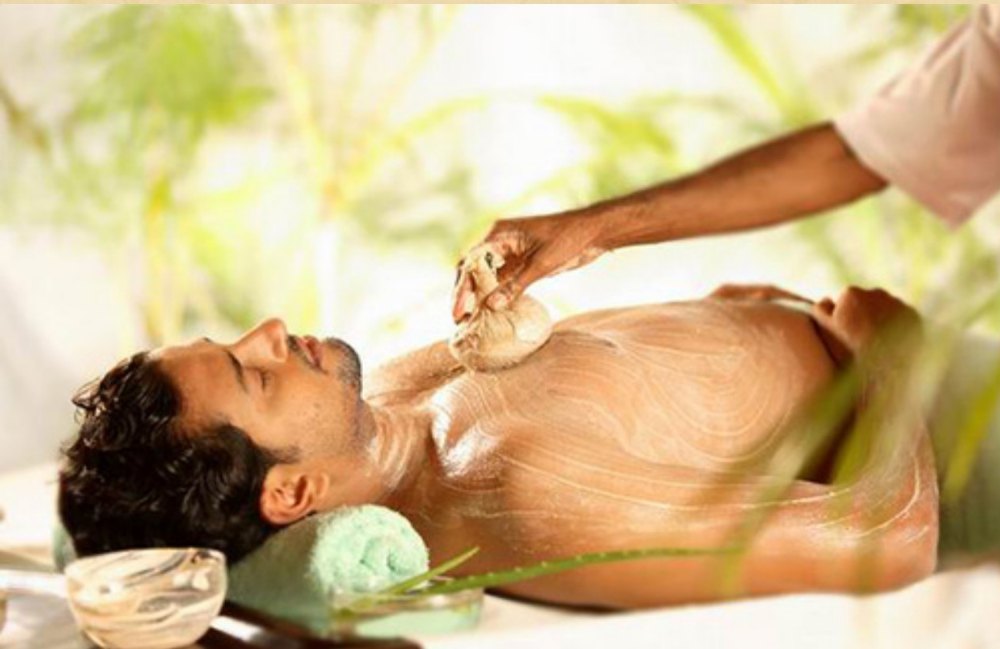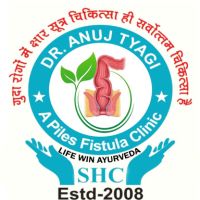
Benefits of Panchakarma Treatment
Panchakarma, an ancient Ayurvedic detoxification therapy, offers a myriad of benefits for both physical and mental well-being. This holistic approach targets the root cause of various ailments, promoting overall health and vitality.
Introduction to Panchakarma
Panchakarma, derived from Sanskrit, translates to "five actions" and refers to a comprehensive cleansing and rejuvenation therapy in Ayurveda, the traditional Indian system of medicine.
Understanding Panchakarma Treatment
What is Panchakarma?
Panchakarma is a therapeutic procedure that involves five different cleansing actions to eliminate toxins from the body and restore balance to the doshas (biological energies) – Vata, Pitta, and Kapha.
History and Origins
Panchakarma has its roots in ancient Ayurvedic texts and has been practiced for thousands of years to promote health and longevity.
The Five Actions of Panchakarma
Panchakarma treatment consists of five primary actions:
1. Vamana (Emesis)
2. Virechana (Purgation)
3. Basti (Enema)
4. Nasya (Nasal therapy)
5. Rakta mokshana (Bloodletting)
Benefits of Panchakarma Treatment
Physical Benefits
Panchakarma helps to eliminate accumulated toxins from the body, improving digestion, metabolism, and overall physical health. It also enhances the immune system and increases energy levels.
Mental and Emotional Benefits
In addition to its physical benefits, Panchakarma has profound effects on mental and emotional well-being. It helps to reduce stress, anxiety, and depression, promoting mental clarity and emotional balance.
Detoxification and Rejuvenation
Panchakarma detoxifies the body at a deep level, removing toxins from the tissues and organs. It also rejuvenates the body by replenishing vital energy and restoring harmony to the doshas.
Conditions Treated with Panchakarma
Panchakarma is beneficial for a wide range of health conditions, including:
- Digestive disorders such as irritable bowel syndrome (IBS), indigestion, and constipation
- Stress-related disorders like insomnia, anxiety, and depression
- Chronic illnesses such as arthritis, diabetes, and hypertension
Panchakarma Procedure
Preparation
Before undergoing Panchakarma treatment, individuals undergo a preparatory phase that includes dietary modifications, lifestyle changes, and herbal therapies to prepare the body for detoxification.
Treatment Process
During Panchakarma treatment, individuals undergo a series of cleansing therapies tailored to their specific needs and constitution. These therapies may include massage, steam therapy, herbal remedies, and dietary adjustments.
Post-treatment Care
After completing the Panchakarma treatment, individuals are advised to follow a post-treatment regimen that includes dietary guidelines, lifestyle recommendations, and herbal supplements to maintain the benefits of the therapy.
Safety and Risks
Safety Precautions
Panchakarma treatment should be performed by qualified practitioners under the supervision of a trained Ayurvedic physician. It is essential to follow safety protocols and guidelines to minimize the risk of adverse effects.
Potential Risks
While Panchakarma is generally safe when performed correctly, there are potential risks associated with the therapy, including allergic reactions, dehydration, and electrolyte imbalances. Individuals with certain health conditions should consult with a healthcare professional before undergoing Panchakarma treatment.
Choosing the Right Practitioner
When considering Panchakarma treatment, it is essential to choose a qualified practitioner with the necessary credentials and experience. Look for practitioners who are trained in Ayurvedic medicine and have a thorough understanding of Panchakarma techniques.
Conclusion
Panchakarma treatment offers numerous benefits for both physical and mental well-being, making it a valuable therapy for promoting overall health and vitality. By undergoing Panchakarma, individuals can experience deep detoxification, rejuvenation, and restoration of balance to the body and mind.
FAQs
-
Is Panchakarma suitable for everyone?
Panchakarma is generally safe for most individuals, but it may not be suitable for everyone. Individuals with certain health conditions or medical concerns should consult with a healthcare professional before undergoing Panchakarma treatment.
-
How long does a Panchakarma treatment last?
The duration of Panchakarma treatment varies depending on individual needs and the specific therapies involved. It can range from a few days to several weeks.
-
Are there any dietary restrictions during Panchakarma treatment?
Yes, individuals undergoing Panchakarma treatment are typically advised to follow a specific diet tailored to their dosha imbalance and treatment goals. This diet may include light, easily digestible foods and herbal teas.
-
What can I expect during Panchakarma treatment?
During Panchakarma treatment, individuals can expect to undergo various cleansing therapies, including massage, steam therapy, and dietary adjustments. These therapies are designed to eliminate toxins from the body and promote overall health and well-being.
-
Are there any side effects of Panchakarma treatment?
While Panchakarma is generally safe, some individuals may experience mild side effects such as fatigue, headache, or nausea during the detoxification process. These symptoms are usually temporary and can be alleviated with proper rest and hydration.
